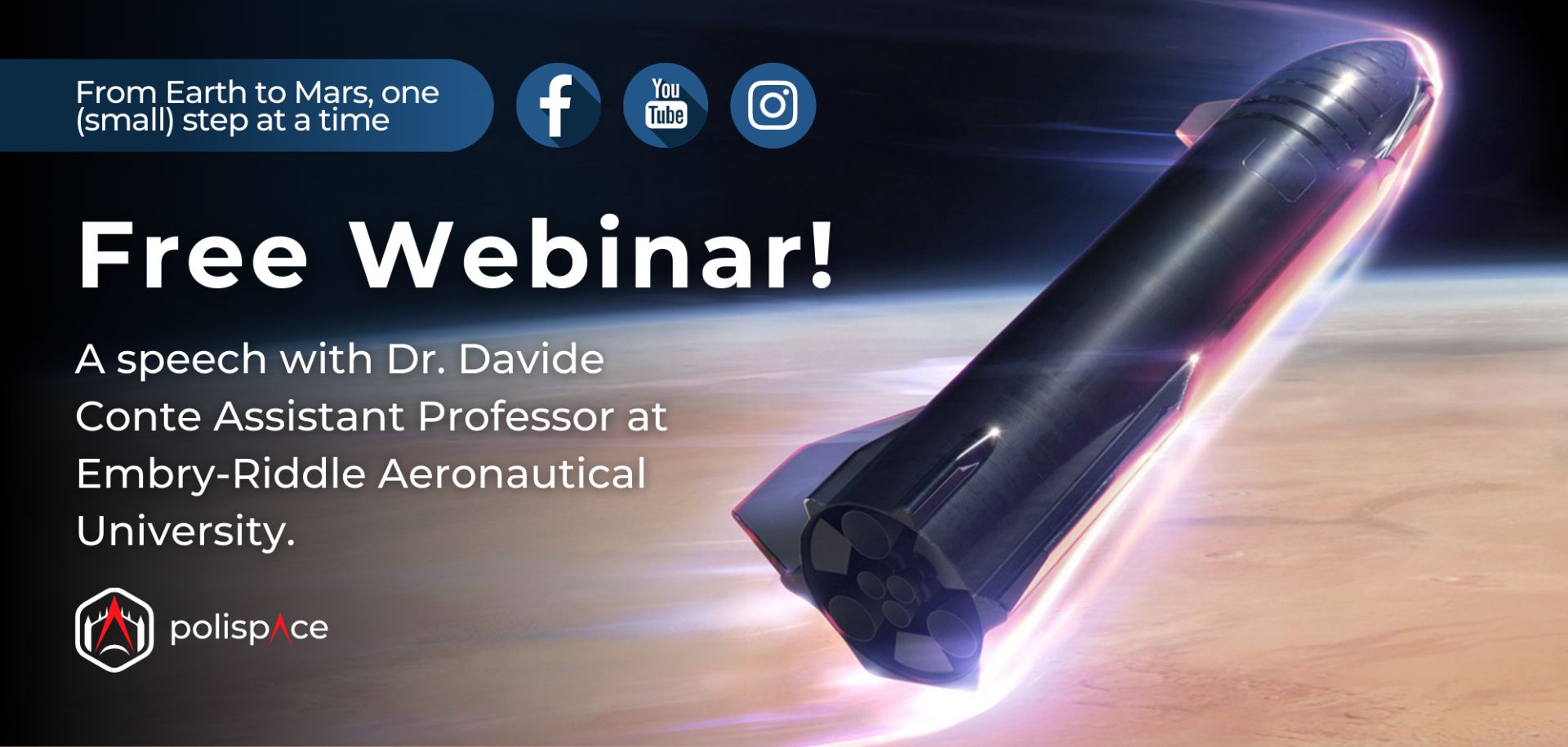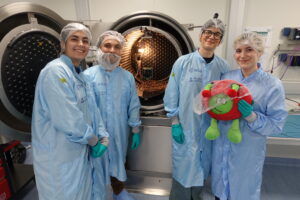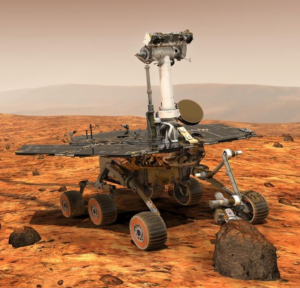
When you buy a new car, do you buy all of the gasoline you will ever use along with it?
Probably not. However, this is how space missions are designed today, where all the necessary mission propellant is loaded into the spacecraft before launch. In his seminar, Dr. Davide Conte will be talking about his research on a semi-analytical method to analyze proximity operation maneuvers in a three-body dynamical environment. Dr. Conte’s research in astrodynamics is aimed at the ultimate development of multi-stop “refueling depots” around the Solar System. These “gas stations” could be used to decrease the initial launch mass significantly. Furthermore, Dr. Conte will discuss his plans for future research in the field of astrodynamics and space mission design.
About our host: Dr. Davide Conte, born in Genova, Italy, received a Ph.D. in Aerospace Engineering from the Pennsylvania State University in 2019. Dr. Conte also received a B.S. in Mathematics, and a B.S. and M.S. in Aerospace Engineering, as a Schreyer Honors Scholar from the Pennsylvania State University in 2014. Dr. Conte is currently an Assistant Professor in the Department of Aerospace Engineering at Embry-Riddle Aeronautical University, in Prescott, Arizona. His research interests include proximity operations and orbital transfers in the restricted three-body problem, trajectory optimization for interplanetary trajectories, spacecraft mission design and engineering, and low-thrust orbital transfers. Dr. Conte has participated in various space design competitions and workshops and has been advising the Embry-Riddle multi-campus NASA Revolutionary Aerospace Systems Concepts – Academic Linkage (RASC-AL) team since August 2019.
The webinar will be live-streamed on our Instagram, Youtube, and Facebook profiles, on February 24, 2021, at 4 p.m and will last for two hours. Don’t miss out, save the date!





